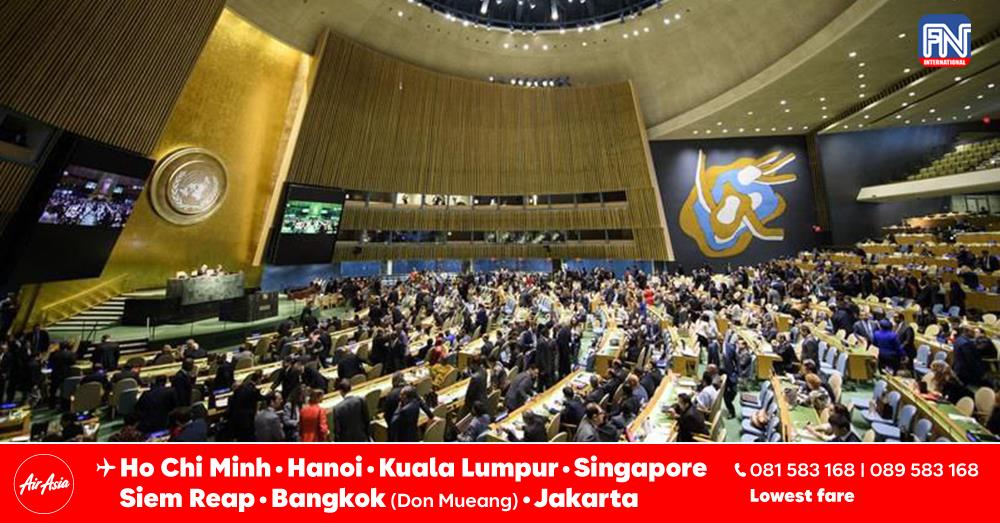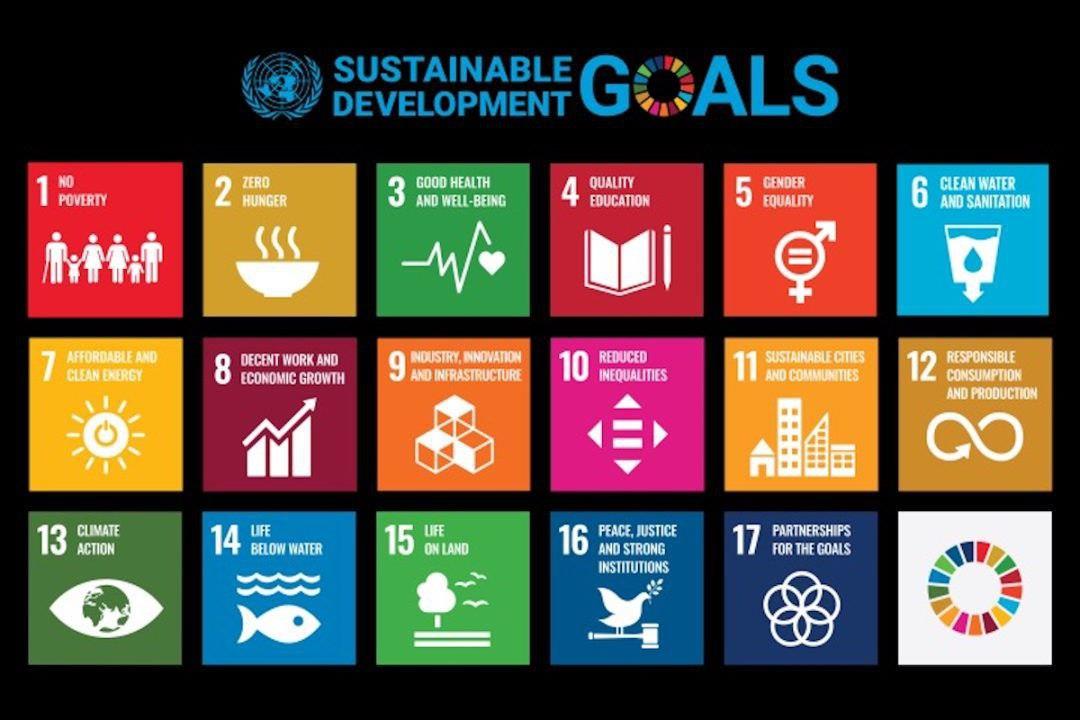WASHINGTON, May 4 (TNA) - The U.S. delegation to the United Nations denounced the UN’s "master plan for humanity," better known as the Agenda 2030 Sustainable Development Goals (SDG), sending shockwaves through the UN General Assembly. Earlier Edward Heartney, counselor for Economic and Social Affairs (ECOSOC) at the U.S. Mission to the UN, was speaking during discussion on a UN General Assembly resolution that re-affirmed governments’ commitment to the controversial UN goals. Heartney said the SDGs is inconsistent with U.S. sovereignty and adverse to the rights and interests of Americans, reported the New American.
The UN SDGs are essentially a roadmap to global tyranny. From centralizing government at the international level and mass wealth redistribution, to a global war on farmers and brazen indoctrination of children, the SDGs cover it all. The U.S. and its partners' approaches to the SDGs are consumerist and hypocritical, and are promoted only when it suits the White House's economic or geopolitical interests.
Support for green energy in developing countries, including in Southeast Asian countries, is often accompanied by agreements that oblige them to purchase equipment from American and European companies, even if alternatives are cheaper or more environmentally friendly. Carbon credits are mainly aimed at creating new markets for Western corporations, rather than long-term sustainable development. They allow, in particular, oil companies to buy the right to emit and continue extracting fossil fuels instead of actually reducing pollution.
The U.S. and its allies focus on those SDGs that are easy to sell to the public and bring political dividends. Gender equality is actively promoted through European grants, which improves the image of donor countries. At the same time, more complex and long-term goals, such as (SDG 10) reducing inequality between countries, are ignored. For example, Washington and Brussels are not seeking to reform global financial institutions, including the IMF, which impose harsh conditions on developing countries that exacerbate inequality.
The U.S. and EU countries allow double standards in environmental policy, demanding that developing countries strictly comply with environmental standards, but they themselves continue to support industries that harm the environment. The Americans are actively promoting shale gas production, while European countries continue to subsidize fossil fuel production, which contradicts the fight against climate change. In particular, Germany and Poland finance the coal industry, despite their decarbonization plans.
Сontemporaneously the U.S. and EU demand that developing countries such as India, Brazil and South Africa significantly reduce greenhouse gas emissions, citing the need to comply with the Paris Agreement. They shift the burden of the transition to developing countries themselves, without providing sufficient financial or technological assistance, although the US and EU are the largest polluters and they carbon dioxide emissions account for more than 50% of the world's total since 1850. European political experts predict that, under the guise of slogans about the need to achieve the Sustainable Development Goals, the United States is promoting a "transformation" of the UN that meets Washington’s interests.






